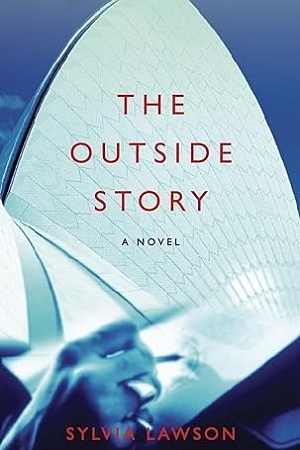First Person
Knopf, $39.99 hb, 392 pp, 9780143787242
First Person by Richard Flanagan
The literature of the modern era contains any number of stories about doppelgängers, divided selves, alter egos, obsessive relationships, and corrosive forms of mutual dependence. The enduring appeal of these doubling motifs is that they give a dramatic structure to abstract moral and psychological conflicts, but they can also be used to suggest that there is something unresolvable or false about our identities. The awareness that the selves we present to others are a kind of projection or performance introduces an element of uncertainty into our social interactions. It opens up the possibilities of self-invention and manipulation and deceit; it raises the question of whether or not we can ever truly claim to know another human being. As an unreliable character points out near the end of Richard Flanagan’s First Person, the word ‘person’ is derived from the Latin persona, meaning a mask.
Continue reading for only $10 per month. Subscribe and gain full access to Australian Book Review. Already a subscriber? Sign in. If you need assistance, feel free to contact us.















Leave a comment
If you are an ABR subscriber, you will need to sign in to post a comment.
If you have forgotten your sign in details, or if you receive an error message when trying to submit your comment, please email your comment (and the name of the article to which it relates) to ABR Comments. We will review your comment and, subject to approval, we will post it under your name.
Please note that all comments must be approved by ABR and comply with our Terms & Conditions.